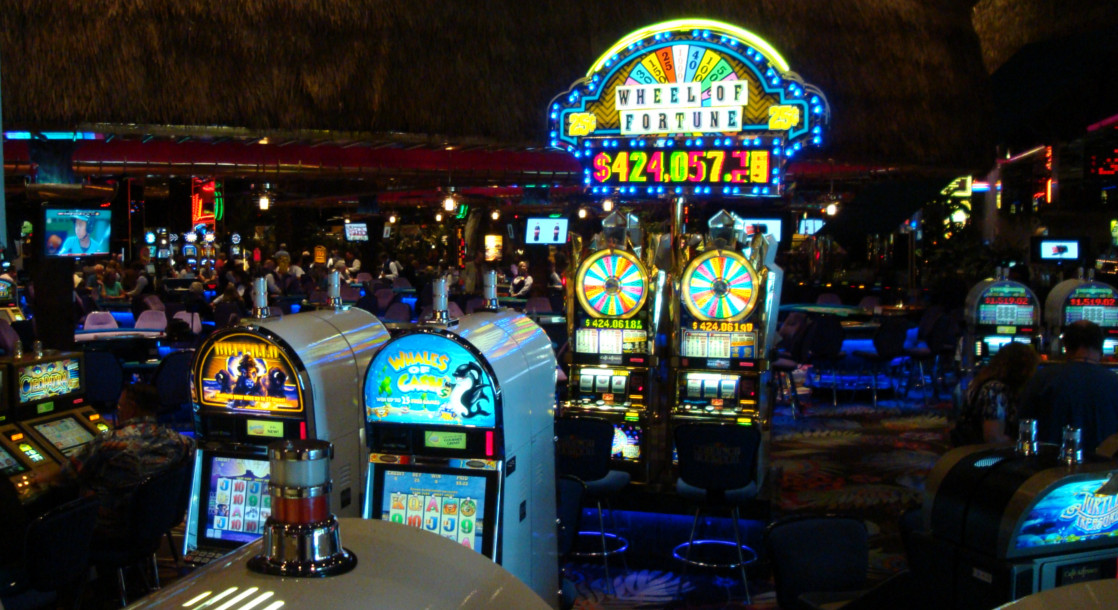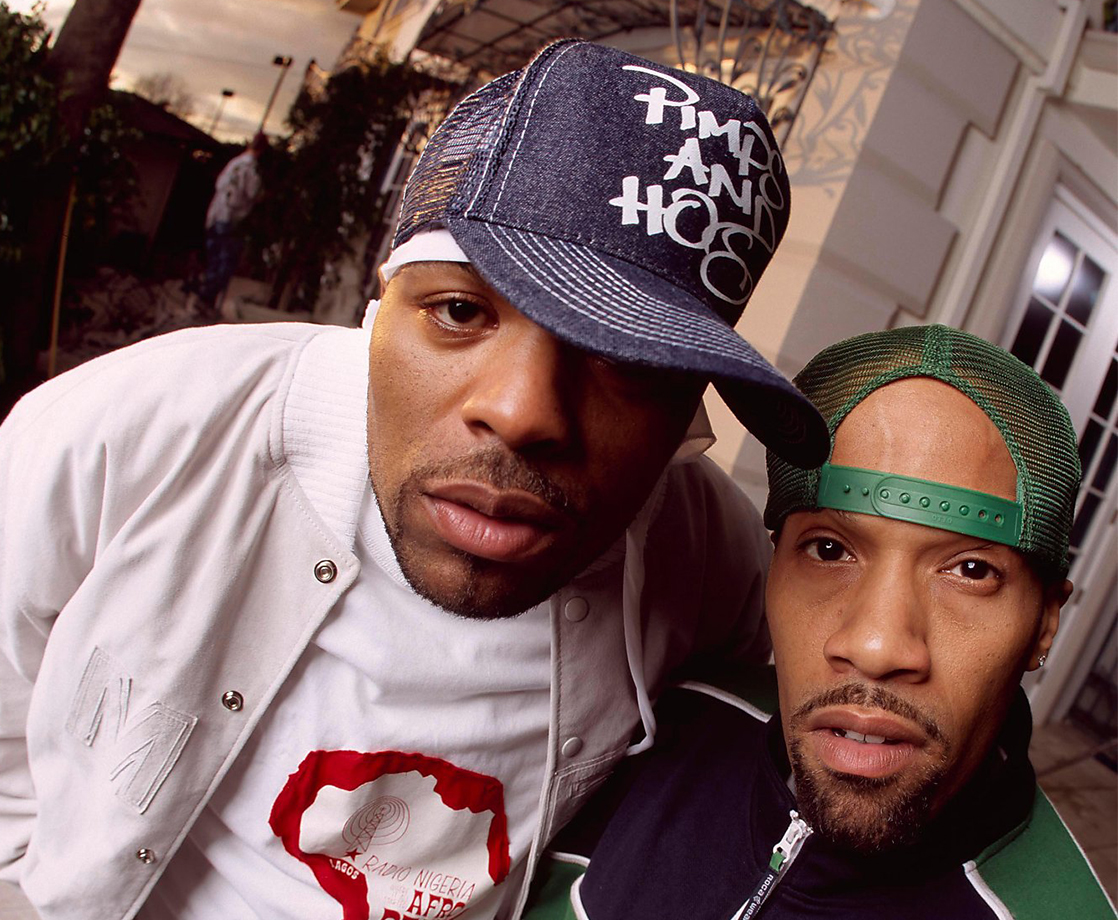This week, the Nevada Gaming Commission will hold a meeting to discuss the implications of cannabis legalization on the operation of casinos. State laws and regulations prohibit any gaming licensee from engaging in an activity that would discredit the gaming industry, and any casino found to be in violation of federal cannabis laws could therefore be at risk of losing their state license and being forced out of business.
“Were we to take a position that would allow a federal law to be broken and not act on it, that has a great chance of inviting federal intervention,” Commissioner Randolph Townsend said during a meeting last year. Gaming licensees will need to consider whether or not executives, dealers, or hosts who are employed by the casino might also have ties to the cannabis industry. Casinos that are seen to be supporting legal cannabis could run the risk of having their bank accounts closed, as banks are federally prohibited from handling funds for cannabis-related businesses.
One issue that casinos face is how to deal with tourists who want to enjoy the state's legal gambling and cannabis at the same time. State laws prevent anyone from using cannabis in public, so casinos will need to watch out for pot use on their premises. “Right now, gaming licensees on the Strip are very proactive where it concerns people visibly using marijuana on premises,” Nevada Gaming Control Board Chairman A.G. Burnett said. “When someone is smoking, it is a little more obvious and will be dealt with more quickly than if someone is consuming an edible. Nonetheless, the concern of licensees is the same as ours. In terms of compliance to federal law, we’re on the same page.”
The very definition of what constitutes a legal private place where cannabis use is allowed is also unclear. One is clearly allowed to smoke up in the privacy of their own home, but the law is not clear whether or not a hotel room or car are also acceptable places to use cannabis. Casinos are also required to remove patrons who are too “visibly intoxicated to participate in gaming activity,” but identifying whether or not a patron is definitely too stoned to gamble can be more difficult to identify than alcohol intoxication.
Nevada Gaming Commission Chairman Tony Alamo said that he is not sure whether or not the meeting will result in a formal policy statement, and he added that he does not expect that all of the issues related to cannabis to be resolved during this meeting either.
“It’s complicated,”Alamo said, “it can’t be done in one meeting.”











